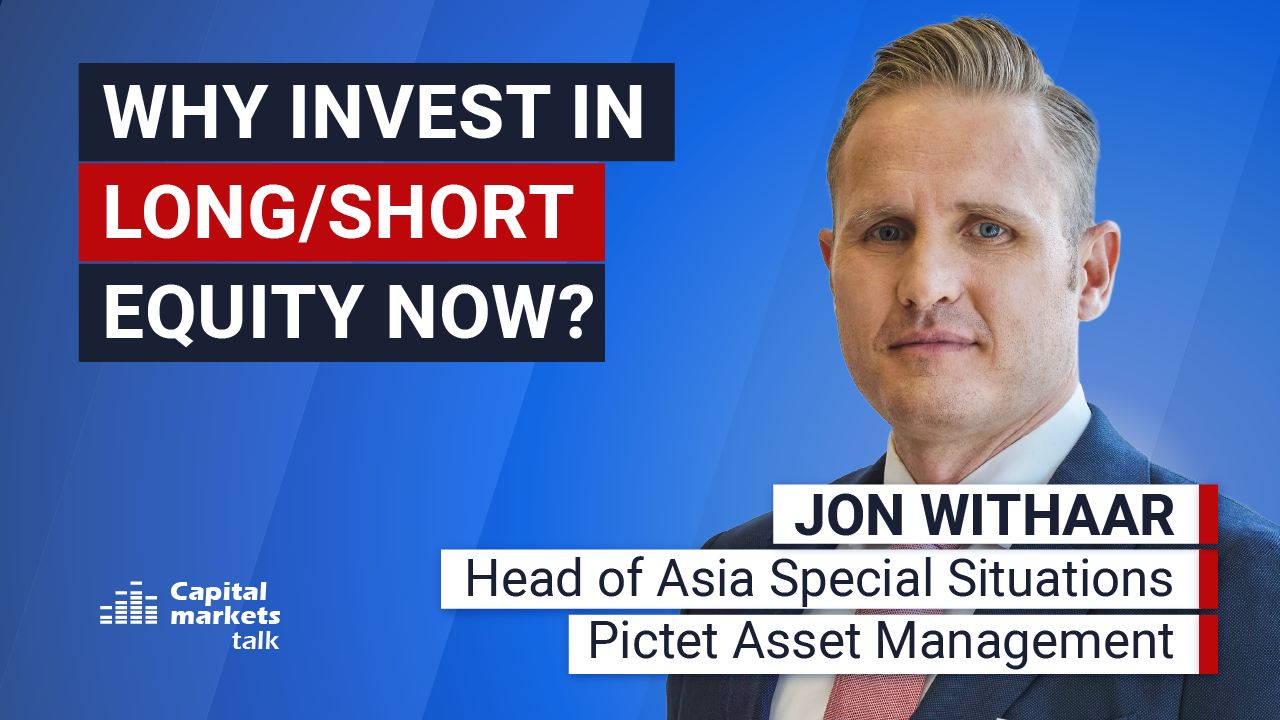Political events are especially watched by investors for cues on policy changes, and in 2023 several emerging markets are entering the election phase. AXA Investments Managers takes a gander at how polls may influence macroeconomics and the movement of financial markets in these developing economies.
“The pandemic caused significant policy uncertainty across the globe and deepened inequalities and poverty. This evolution has made poll outcomes more difficult to predict and given populist candidates a stronger hand,” writes Irina Topa-Serry, Senior Economist (Emerging Markets), Macro Research – Core Investments, AXA IM.
The asset manager talks about recent events where elections have caused a political fracture in some of the developing economies, such as Brazil. Taking this example, AXA examines the likely outcomes for the upcoming elections in Nigeria, Thailand, Turkey, Guatemala, Argentina, Poland and India.
Nigeria is due to conduct its presidential and legislative elections on February 25 and state elections on March 11. Incumbent President Muhammadu Buhari, who is 80 years old, will complete his second term and a survey indicates Peter Obi is the front-running candidate. The three main candidates share economic priorities.
For Thailand, 2023 is an important year as there is a lot of uncertainty as to who will be the next prime minister. Election outcomes have been difficult to predict when it comes to Thailand. “On the one hand, Prayuth remaining as PM would mean policy continuity…Overall, we expect a general increase in local spending and pump priming ahead of the elections,” as per Shirley Shen, Economist (Emerging Asia), AXA IM.
Among emerging markets, elections in Turkey are a top priority as incumbent President Recep Tayyip Erdoğan is going to polls for the final time. “From a market perspective, the outcome of this election appears binary, but from a macroeconomic angle, it seems clear that a clean-up of the many accumulated imbalances will have to occur no matter who wins,” as per AXA.
Guatemala will be holding general elections in mid-2023, and while there is a shifting political landscape, there are several challenges for the economy.
Argentina is expected to see a right-wing victory this year, but the upcoming government will be inheriting an economically weaker economy which was hurt by the pandemic.
Lastly, state elections in India are likely to impact the general elections scheduled for 2024, which would test the Narendra Modi-led BJP government’s foothold.
Read more

US Election
Trump 2.0 – What investors need to know now
Trump’s return to the presidency signals a mix of opportunities for US equities but raises global economic uncertainties.

Bellevue Asset Management
Demographics and AI drive MedTech stocks
MedTech investment case: What makes it attractive, which trends stand out?

Asia Equity
Why invest in Asia equity long/short now?
Investing in Asia has undergone significant changes in recent years. It might be the time for a different approach.

KKR
Multi-asset credit – the ‘all-weather’ strategy
Allocation to a multi-asset-credit strategy could optimise and manage risk dynamically.





















